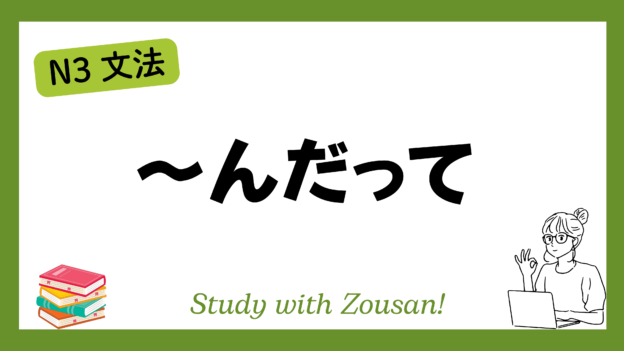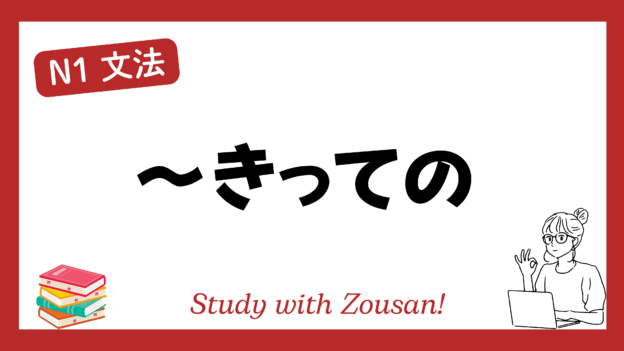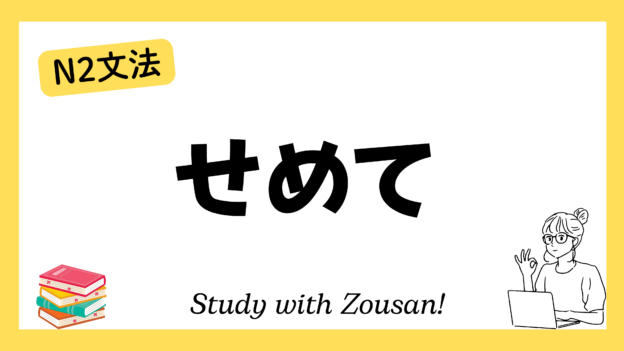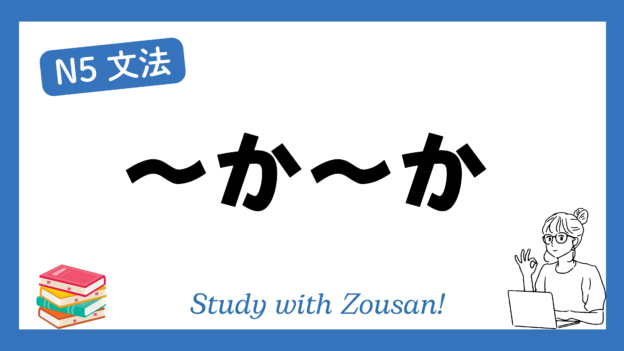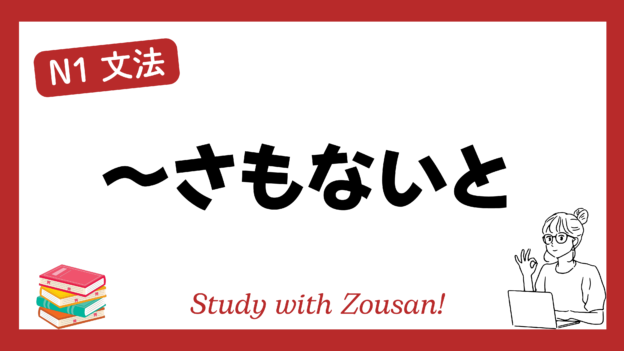N3文法:~んだって
Meaning: “I heard that…”, “They say that…”
“~んだって” is a casual way of expressing something you heard from someone else or reporting information. It is often translated as “I heard that” or “They say that.” This expression is commonly used in informal conversations to convey information or rumors received from others.
※Note: “~んだって” is used in spoken, casual contexts and is a softer way to relay information. It can also show that the speaker is sharing something new or surprising.
Structure:
| Verb (casual) | + んだって + んですって |
| Noun + な | |
| な-adjective + な | |
| い-adjective |
Example:
-
-
-
🌟 彼はもうすぐ結婚するんだって。
(かれ は もうすぐ けっこん する んだって。)
I heard that he’s getting married soon. -
🌟 あのレストラン、すごく美味しいんだって。
(あの レストラン、すごく おいしい んだって。)
They say that restaurant is really good. -
🌟 彼女は来年日本に行くんだって。
(かのじょ は らいねん にほん に いく んだって。)
I heard that she’s going to Japan next year. -
🌟 明日は雨なんだって。
(あした は あめ なんだって。)
I heard it’s going to rain tomorrow. -
🌟 その映画は面白いんだって。
(その えいが は おもしろい んだって。)
They say that movie is interesting. -
🌟 彼はアメリカに住んでいるんだって。
(かれ は アメリカ に すんでいる んだって。)
I heard that he lives in the US. -
🌟 彼女は今忙しいんだって。
(かのじょ は いま いそがしい んだって。)
I heard she’s busy right now. -
🌟 明日のイベントはキャンセルされたんだって。
(あした の イベント は キャンセル された んだって。)
I heard that tomorrow’s event was canceled. -
🌟 彼は風邪をひいているんだって。
(かれ は かぜ を ひいている んだって。)
I heard that he has a cold. -
🌟 あの店は来週閉まるんだって。
(あの みせ は らいしゅう しまる んだって。)
I heard that store is closing next week.
-
-



